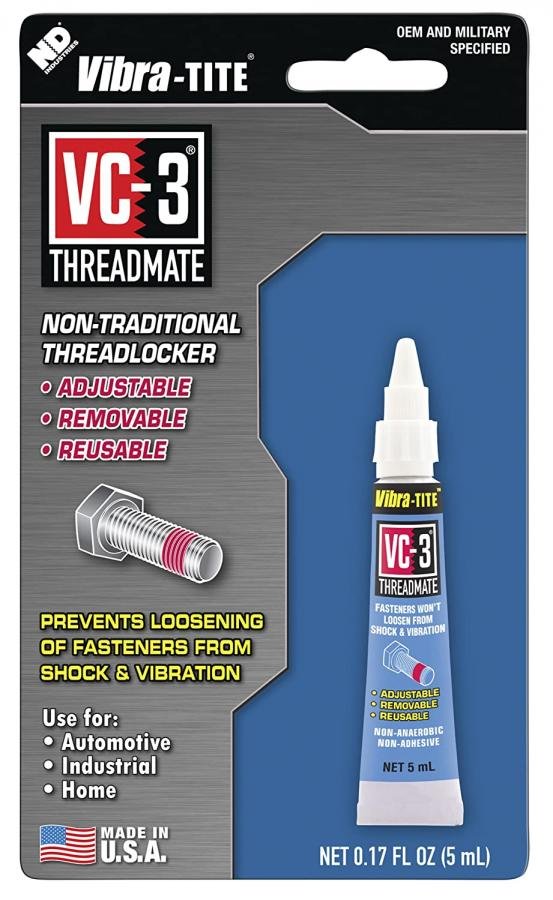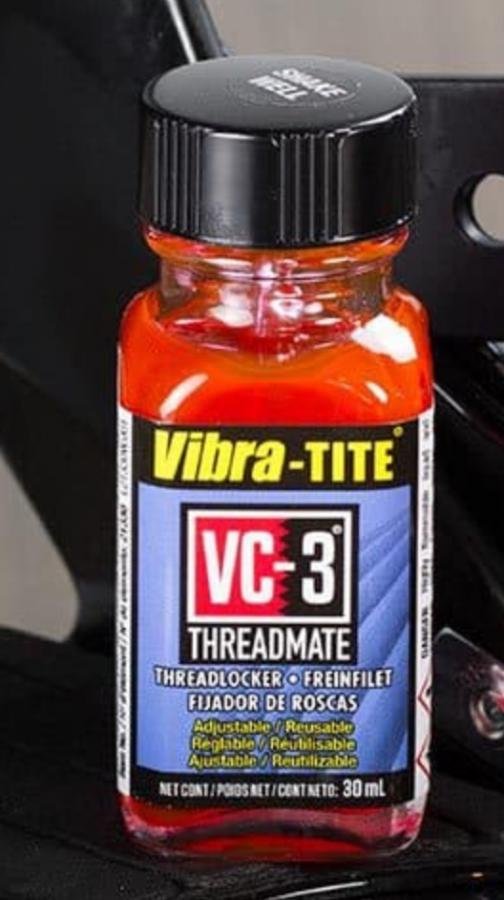If you only could buy two Loctite's for your firearms, which two would they be? Blue and red? Blue and green? What numbers, if you know.
If you had to install something that you didn't want to move, like a muzzle device, then use Rockset.
https://www.brownells.com/gunsmith-...hread-locking-liquids/rocksett-prod54624.aspx
Rockset, unlike Red Locktite, can be loosened easily by putting the part in hot water for about 15 minutes. Red Locktite takes more heat, like a torch, which you don't usually don't want to use on a firearm.




